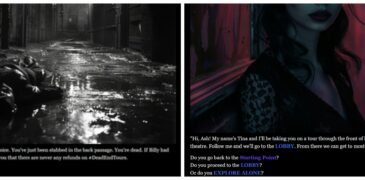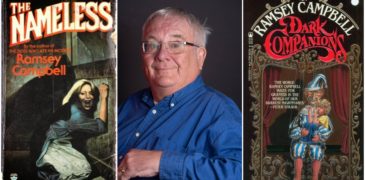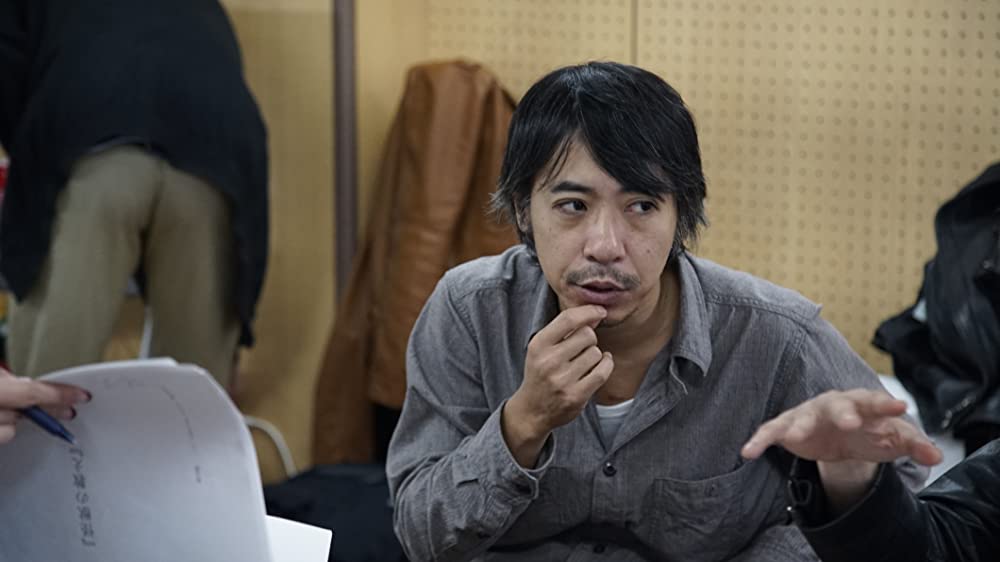
When considering currently acclaimed Japanese filmmakers there are several names that can readily spring to mind. From the exhaustively prolific creations of Takashi Miike to the bombastic and arresting works of Sion Sono or even the award-winning output of Hirokazu Kore-eda. By every right, Toshiaki Toyoda is a name that should be just as well known and spoken of in the same caliber. Toyoda began his career with filmmaking in the late 90s with juvenile crime stories like Pornostar (1998) and Blue Spring (2001). With other works ranging from impactful documentaries like Unchain (2000), more contemplative dramas like Hanging Garden (2005), or powerful socially-conscious horror like The Day of Destruction (2020) Toyoda’s work spans an impressive range of genres all unified by their emotional impact.
Unfortunately, two separate well-publicized scandals have left the director a subject of some infamy dampening his momentum time and again. Despite such setbacks, he has continued creating films even to this day serving as much inspiration for the power of determination and perseverance as one of his films might. Thankfully, recent efforts by companies like Third Window Films have brought about international releases for his movies allowing his works to be reevaluated and for many experienced for the very first time.
With the upcoming release of their Toshiaki Toyoda 2005-2021 set, which gathers six of his films, the director was gracious enough to devote some time fielding our questions providing an inspiring look at the career of one of Japan’s greatest cult filmmakers.
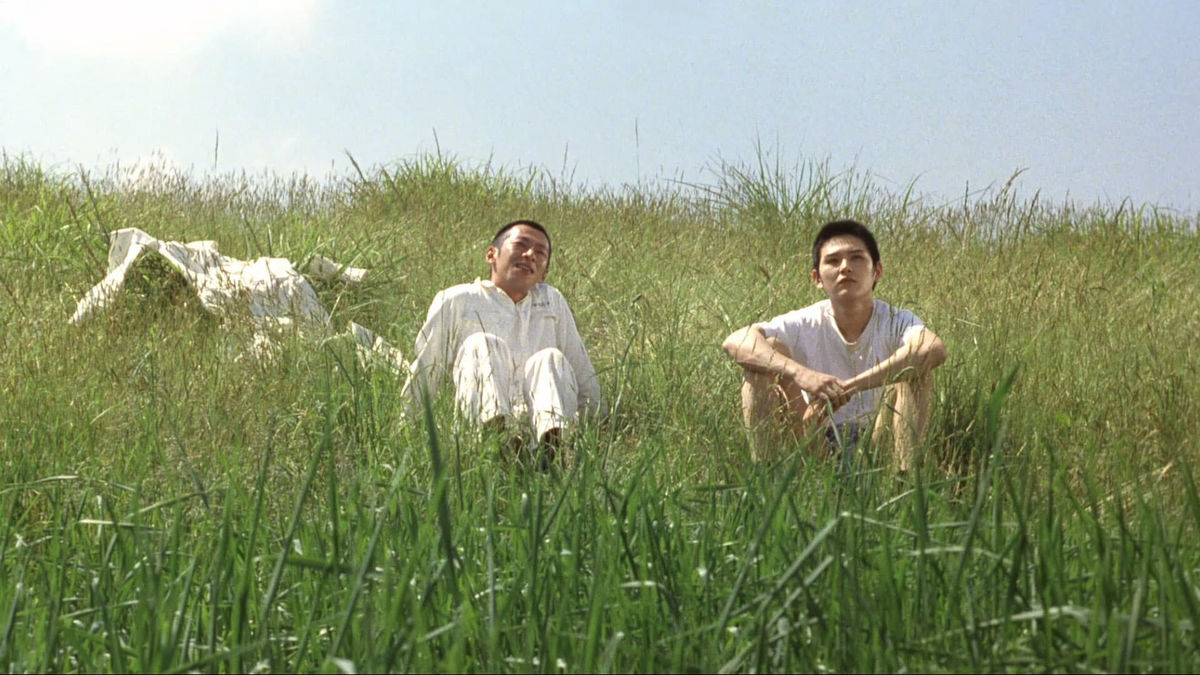
What would you say are some of your foundational films? The movies that first sparked a love or interest in filmmaking?
TT: When I was a child, I was shocked by Bruce Lee’s movies. He inspired me as Jimmy Hendricks did. Then I studied Jeet Kune Do.
Furthermore, were there any directors that you found inspirational as you started your own career in film?
TT: I love Akira Kurosawa, Shintaro Katsu, and Stanley Kubrick.
You were considered a prodigy in shogi from a young age even potentially aiming to become a pro player but quit around the age of seventeen shifting your focus to film. Was there any particular event that sparked this decision?
TT: Since I was nine years old, I had been living for professional shogi. During my youth, there was only shogi. I grew tired and my mind felt sick of it. Going to see movies in the theater liberated me. Entering the film industry was a coincidence. I had a project taking a part-time job, but I suddenly became a screenwriter. After that, I was told to direct immediately and I continue to do so.
Do you think your time spent focused on shogi gave you any skills that translated over into the world of filmmaking?
TT: On movie sets, you are always asked to make decisions. This ability is close to shogi. And shogi is a war game. You fight to win. And with movie making too, you plan to win.
Pornostar was an incredible directorial debut and showcased the sort of “punk rock” in-your-face style that many of your films have. There is a rage running through as an undercurrent that powerfully imparts the movie’s theme to viewers. Is there anything that drives you to adopt this sort of style?
TT: The source of imagination and creativity is anger. There is deep anger in me. It doesn’t fade. Thus I always loved violent music. This is because I feel my soul in it. Society is always irrational. I am angry with that too. I understand why it’s called punk rock.
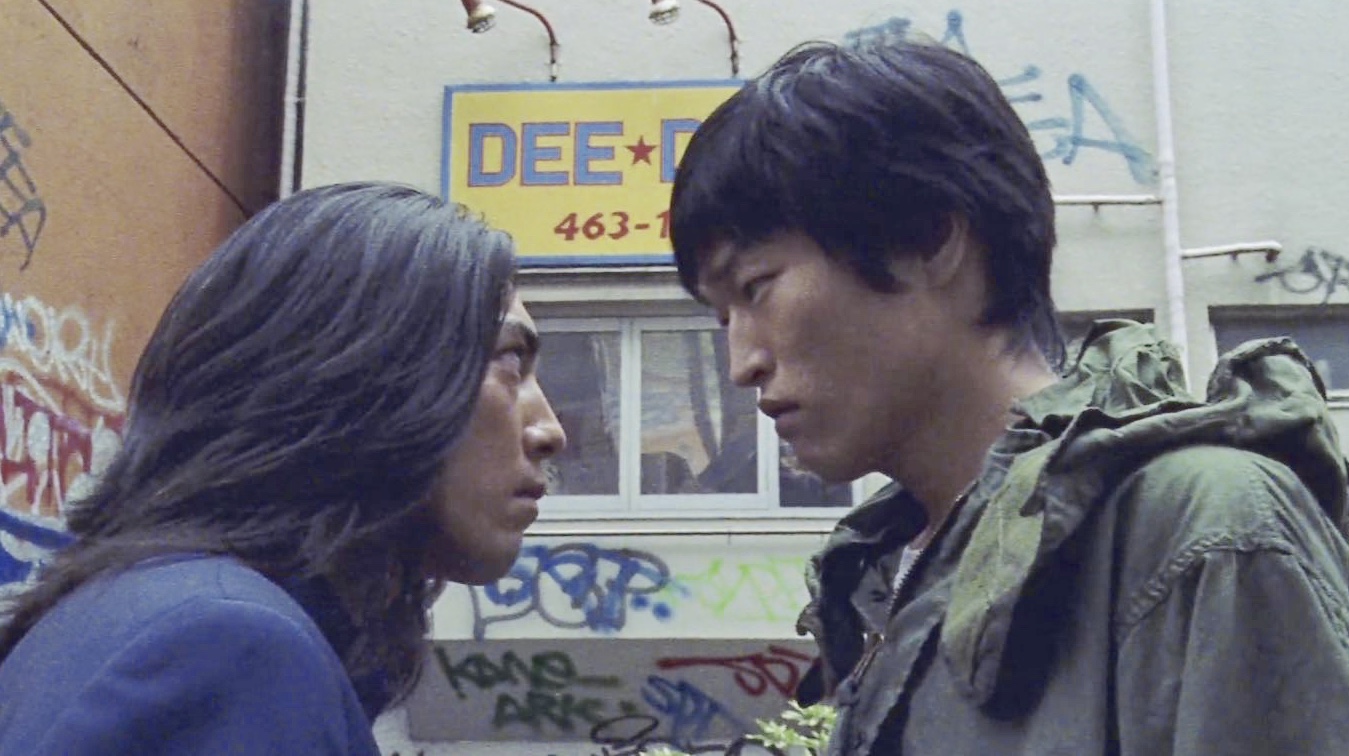
In the documentary Unchain, you focus on the boxer Unchain Kaji who has an incredible story that feels like it could be pulled from a script for one of your own films. How did you first meet Kaji and what led to you filming the documentary?
TT: My friends are from Osaka. When I was shooting their fights I thought about making it into a movie. I began shooting this movie when I was around twenty-three years old. I thought it seemed natural for an unknown director to shoot a movie about an unknown boxer. Stories like this one are my youth.
Unchain is a surprisingly compelling and moving work. Many documentaries often want to focus on incredible success stories or a famous person’s fall from grace. Yet here we are shown the struggle to find one’s place in the world and deal with the reality of repeatedly facing failure; the tale of an underdog that can never escape being the underdog. What do you think is so compelling about Kaji’s story?
TT: Around me in Osaka people were always like that. Later, even though I was banished from the world of cinema, I stood up and today I’m still going on making movies. As long as you don’t give up, you don’t lose. In life, no one is a loser. Unchain Kaji still enters and leaves the psychiatric hospital repeatedly today. The gong of life still hasn’t stopped ringing. We haven’t lost. We are going on.
Blue Spring is an adaptation of a manga by Taiyo Matsumoto. You also later worked on Crows Explode which is based on the series by Hiroshi Takahashi. Were there any particular challenges or interesting moments in the process of adapting a source material to film compared to producing your own work?
TT: Blue Spring has an original story but it contains a lot of episodes from my own school days. I wrote the script by myself as well. It’s close to the original script. I depicted my own youth. I was in a school filled with violence like that.
Much of your style still shines through in both Blue Spring and Crows Explode. Where do your own feelings fall on the balance between being faithful to the source material and a director being able to put their own stamp upon an adapted work?
TT: Blue Spring and Crows are different. On Crows, I was doing the job of a commercial director. Of course, there were also things I learned there. I also met a lot of young actors. I enjoyed the experience. A movie that is faithful to the original work is a mistake. Changing the original work in order to be faithful to movies is my way of doing it. Because I’m making movies.
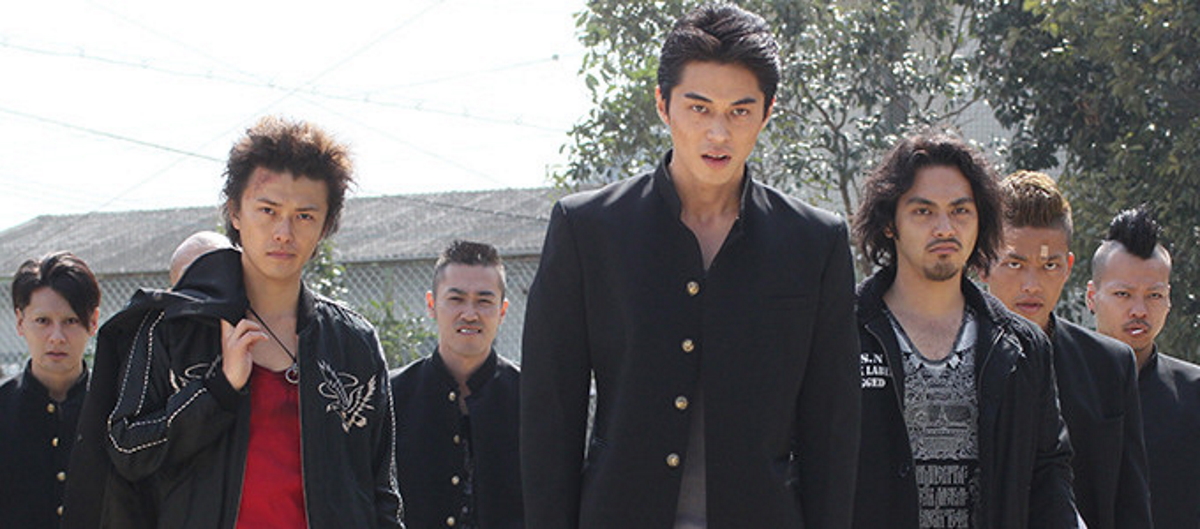
Your early films trend toward youth dramas with a focus on delinquents. However, with 9 Souls we see something much more complex. The film manages to balance the same intensity of your earlier works with elements of surrealism and comedy. Did you have any particular inspirations guiding the style of this film?
TT: It was still the work of someone around thirty-two years old, but I intended the project to make the final statement of my life. This is because I thought that I was going to die early. I made it thinking about using up everything: humor, fantasy, friendship, and love. After it was completed, I searched for a place to die but I didn’t find it. However, life goes on. I’ve already reached fifty-two years old.
Have you seen any films recently that you found particularly interesting? Are there any filmmakers that you are specifically watching out for what they make next?
TT: Generally, what I find interesting is older movies. I like Phantom Thread. Paul Thomas Anderson and Christopher Nolan are two directors of the same generation that I’m always interested in. I make movies with 1/100 of their budget but… Next time, I’m just writing a screenplay. Collecting a budget is difficult in Japan.
Music plays a very important part in many of your films. Blue Spring has an incredible soundtrack and the emotional punch in The Day of Destruction is really hit home by the songs used in the film. How much influence has music had in your own life? What are some of your favorite bands?
TT: I like Michael Jackson. Music always goes with everyday life. Movies are images and sound. I always think about that when I look for new artists.
MahiToThePeople gives an incredible performance as Kenichi in The Day of Destruction. How did you first meet and what made you decide to involve GEZAN in the project?
TT: We met in a bar by chance. He knew about my films. I had never heard of him, but then I heard his music and loved it. I also like his personality. He was cocky and full of creativity, just like I was in my twenties.
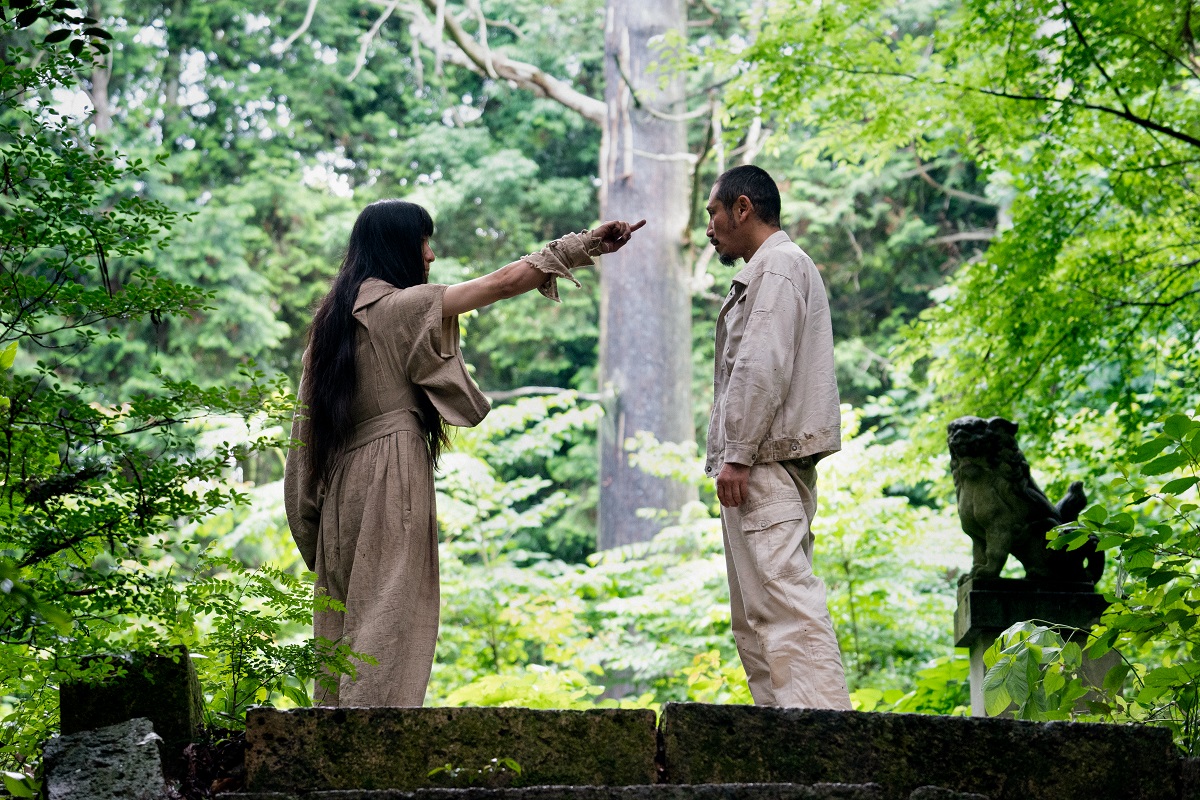
The Day of Destruction is anchored with some heavy religious themes. The core message that “prayer is not enough” is a universal idea that can be understood worldwide, but the spiritual elements surrounding it were fascinating. What made you decide to include things like Shugendo within the film?
TT: By chance, I had a chance to meet practitioners of Shugendo and was fascinated by their way of thinking. To live with nature. To gain special abilities from that. They had a big festival to get rid of the plague. I thought it was perfect for the current times. I’m still learning a lot from them.
The delayed Tokyo Olympics also play a key role thematically in The Day of Destruction. There have been plenty of reports made about the various troubles and potential drain on society caused by the Olympic village to its host nation. What are your thoughts on this?
TT: The Olympics are the biggest folly in history. It’s not just a problem for Japan. Many countries are participating. The pandemic has spread explosively. A three trillion yen deficit will be confiscated as taxes. But now we are going to have the Paralympics. It’s all about money. It’s all about interest. It’s all for someone to make money. We have to join hands with like-minded people all over the world and fight a new battle. All I can do is make movies.
Whether they are ready for it or not, you’ve given people the perfect film on the COVID-19 pandemic. As the world slowly, and hopefully, moves on from this unprecedented event what will come next for you?
TT: I don’t know right now. But I’m sure I’ll answer that question with a new movie. I’m not sure if even ten years will be enough for it to end.
Furthermore, do you have any ideas for your next film? Any features that are currently in the works?
TT: I have a feature film in preparation, but I am unable to raise the funds. I may make another short film. There is nothing I can say at the moment.
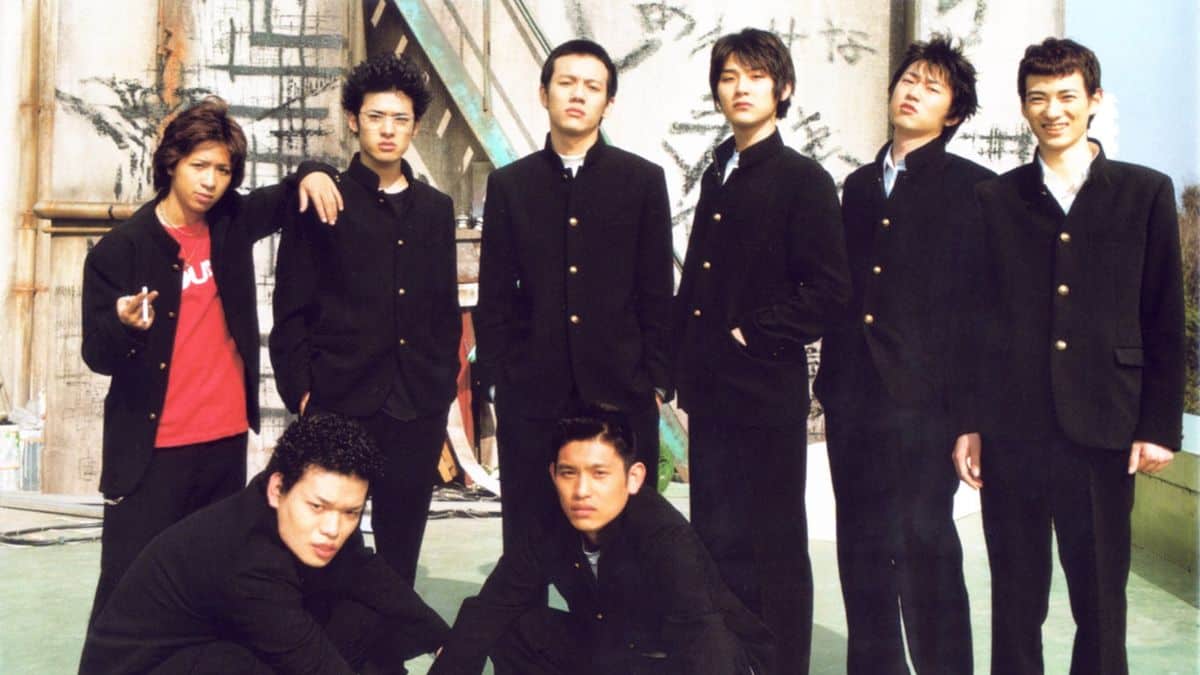
From everyone at the Grimoire of Horror, we would like to thank Toshiaki Toyoda for his time, insight, and going above and beyond to help facilitate this interview. Toyoda’s latest project is Go Seppuku Yourselves (2021), a short film and the final chapter of his Resurrection Trilogy following Wolf’s Calling (2019) and The Day of Destruction (2020). All three will be available as part of Third Window Films’ limited edition Toshiaki Toyoda 2005-2021 box set which is planned for release on October 18th, 2021. On the same date, they are also reissuing stand-alone editions of Pornostar (1998) and 9 Souls (2003) which had originally been collected in the now out-of-print Toshiaki Toyoda: The Early Years box set.
We would also like to thank Ben Forgeot for assisting with translation.
More Interviews
Every indie creator hopes to make it big some day, but with limited marketing budgets and the lack of a big publisher/production company backing their projects, success is often a… Choose Your Own Demise With Ashley Lister’s Novel Horror Concept UK horror author Ashley Lister likely needs no introduction to those of you who devour indie books like midnight snacks… A distinguished British horror author, who’s been the recipient of various awards in fiction and considered amongst the most revered veterans of the industry, Ramsey Campbell has established a strong… Hey Mike Flanagan, we’ve found your next big project! New indie horror authors are crawling out of the woodwork every week, and just like indie films, their products are hit…Interview with Felix Blackwell, Best Selling Author of Stolen Tongues
You’ve Never Experienced Horror Like This – Ashley Lister is Bloody Brilliant!
Ramsey Campbell Interview – A Titan of Horror Literature
Daemon Manx’s New Series Is Destined For the Big Screen! The Ojanox – Spoiler Free Book Review and Author Interview
Dustin is a potentially overqualified office worker who has a lifelong love and fascination with Japan and all things Horror. With a bachelor’s in English Literature and a master’s in Library Science, he devotes way too much time to researching and thinking critically about the media he enjoys. When not celebrating trashy horror films, anime, and idol music, he can be found raving about all things genre cinema as a co-host on Genre Exposure: A Film Podcast or indulging a passion for storytelling through tabletop roleplaying games.

